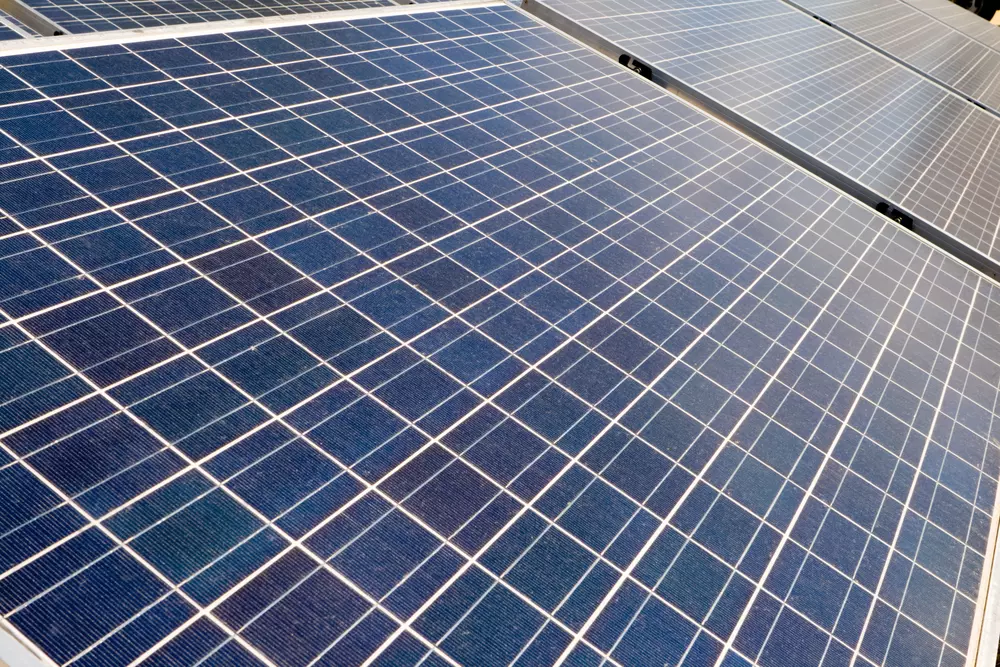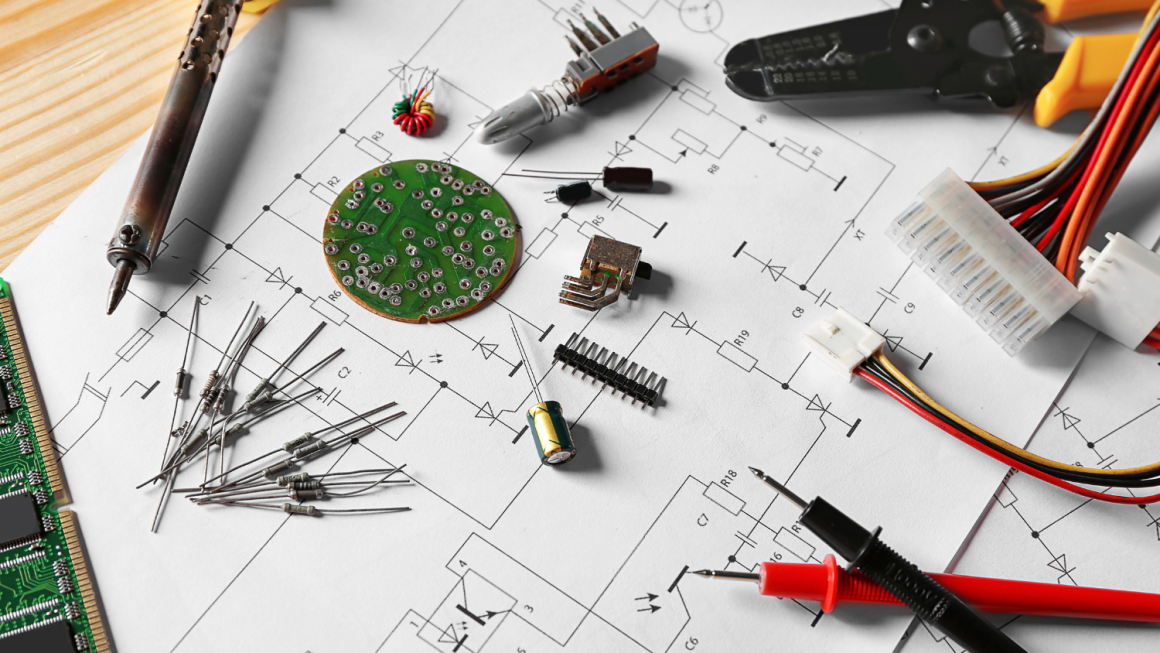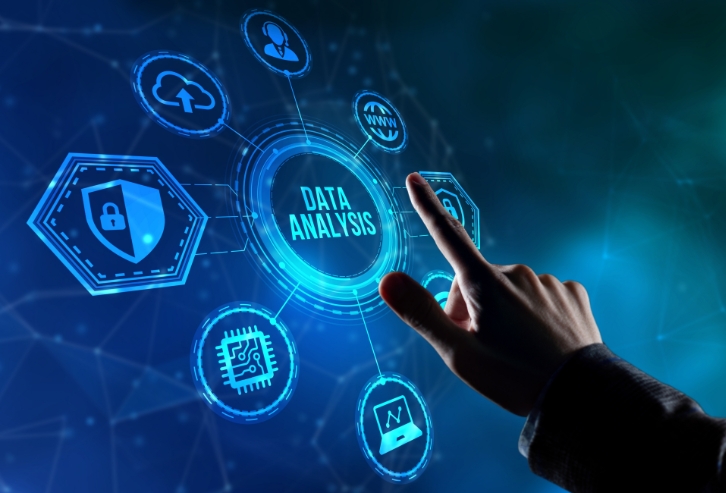| The prospect of never getting another electric bill again certainly sounds appealing, doesn’t it? Disconnecting from the city grid and switching to off-grid solar power can allow you to live out that dream. However, it’s not always as easy as it seems. There are a lot of things you should know before trying to switch to off-grid solar. Keep reading to find out what they are. 1. It Might Not Be Allowed Depending on where you live, you might not even be allowed to disconnect from the grid completely. Of course, you can still install solar, and even build a system with a battery bank large enough that you never have to use the grid ever again. However, you can’t actually go completely off the grid in certain areas. Some cities have regulations that require homes within city limits to remain connected to the grid. In cases like these, you would have to move to a more remote location if you want to cut ties with your electric company altogether. If that’s not an option, a hybrid system can provide you with the benefits of an off-grid system while still keeping you connected to the grid—even if you’re never using grid power. 2. Size Matters Even More Appropriately sizing a solar power system is always important, but it becomes even more important when solar energy is your only source of electricity. If you undersize a grid-tied or hybrid solar power system, you always have the grid to fall back on if your array isn’t producing enough electricity for your home. However, in an off-grid system, undersizing will mean frequently running out of power. If you want to go off the grid, it’s always a good idea to oversize your system and build it larger than you think you will need so that you’re less likely to have the lights go off in your home. 3. Backup Power Is a Necessity In a grid-tied system, the grid is your backup power source. In an off-grid system, you’ll need your own backup power. The best and most popular option for this is a battery bank, which allows you to store excess solar power during the day so that you can use it at night. Again, sizing matters here, but you’ll also want to ensure you choose the best batteries for solar off-grid systems; that means ones that have a high depth of discharge, a long lifespan, and high-efficiency rating, so that you get the most power possible from your investment. |



